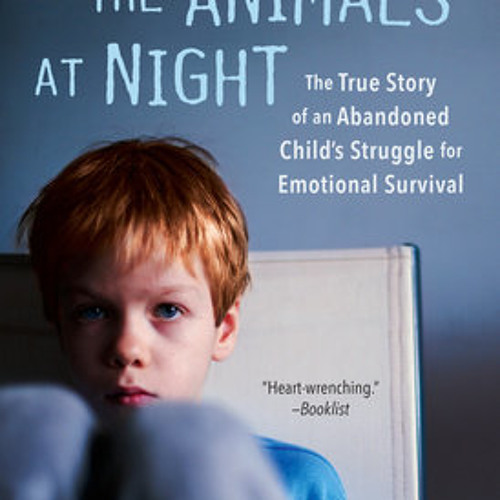
There is triumph and defeat at every paragraph.

It's a story of love for those around you and a story of overcoming overwhelming odds.

Each page makes it seem like the world might fall apart for our narrator.Īlthough much of the depth of the story was lost to me on a childhood level, reading it again brought out much more from the pages. The young boy cannot find much solace, even at home, as conditions go from worse to hellish. He is resourceful and a master of escapism though his ever-trusty friend Doggie and through his own mind. He is rarely judgmental and often very accepting and docile to the harsh world he has been thrown into. Yet, Jennings is a child of firm compassion. The cruelty that he finds in the world seems to confirm his need to lock himself up into himself. There are times when there is much love in the world and Jennings cannot bear to find it in him to speak the words because if he does, if he lets them escape, just like the stuffed animals or the orphans, he might get doubly hurt. He cages up his ability to say that he loves anyone. The orphanages were sometimes a blessing in comparison to the homes Jennings is lent out to, where he learns that love and compassion are hard to find, even if they can be found anywhere. Forced to listen for a clicker to get them to line up for dinner or a clap of the hands to get them to line up for lunch. The orphans are locked up during the night and also during the day. Through hardship, pain, emotional rampage, Jennings learns that stuffed animals are not the only thing that is caged for protection. This metaphor grows into the entire essence of the book. Each night the nuns would come around and collect the animals, caging them in little cubbies. Early in the book we meet his constant friend, Doggie, a white and tan stuffed animal that was given to him, (at first) only at night, at the first home he stayed at. With his mother too tired, sick, and beaten down to care for him and his brothers, he is shipped off several times to either foster homes or to orphanages. Set in the 1950s, in New York City and its environs, we get the unforgettable account of a few years of Jennings's childhood. I still remember certain scenes where Jennings, the narrator, and the author of this autobiographical novel either received amazing amounts of love or terrible amounts of abuse.

We also got to keep the books that were assigned to us. Interestingly enough, we got to read this in middle school.


 0 kommentar(er)
0 kommentar(er)
